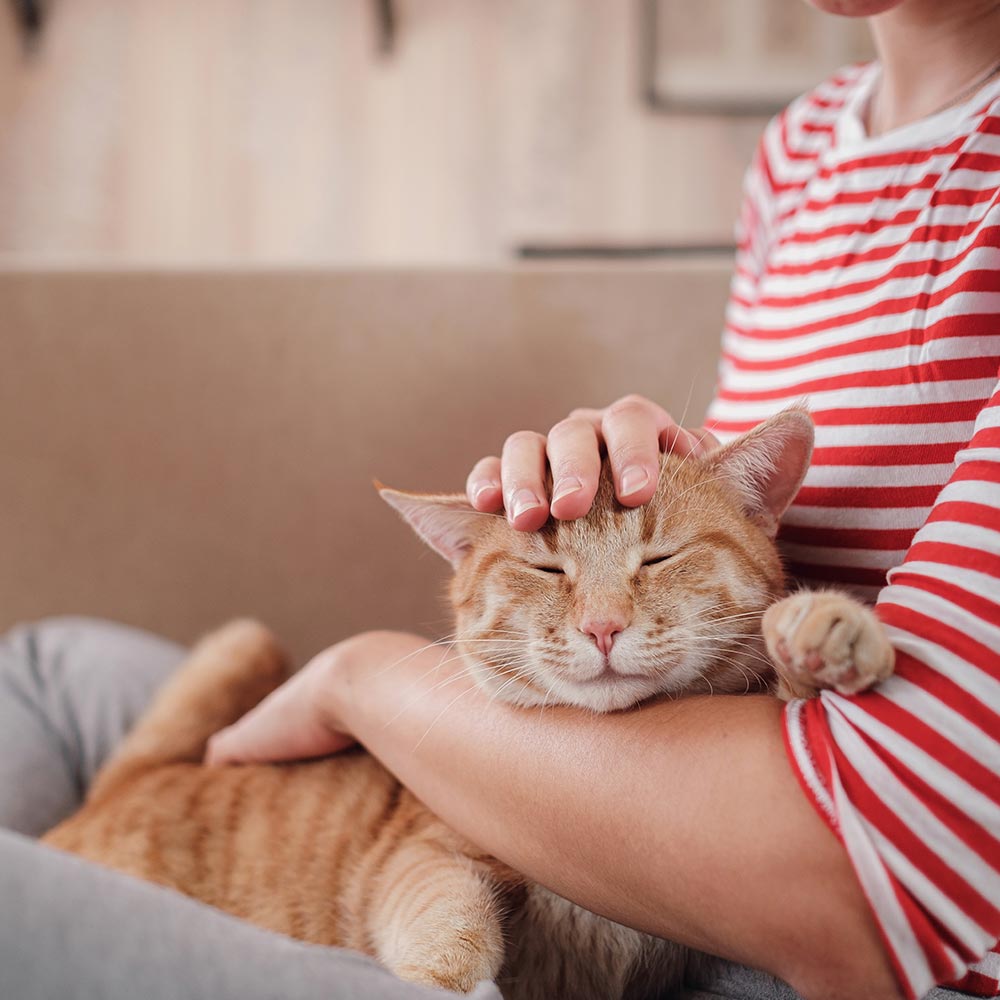They say you don’t adopt a cat but a cat chooses you. You may be going on about your life, and a furry companion may find you, and make you theirs. While your relationship with your cat may be better than yours with most people, the world often judges both felines and their ‘hoomans’. ‘Crazy cat lady’ is a trope that has existed forever, and continues to remain in pop culture.
Stereotypically, she is a woman, who will remain a spinster, channelling all her nurturing instincts towards cats, in substitute for a husband and children. Such an outdated, regressive concept that still finds torchbearers to take it forward.
The picture they paint for the so-called ‘crazy cat ladies’ is very vivid—a messy house, a reticent old spinster with no friends, no family except her many cats, and who is bitter toward the world. In an episode of Saturday Night Live, Robert DeNiro plays an old, cranky woman who is celebrating a quiet Christmas, home alone with her cats. In The Simpsons, you will find a mentally ill woman who has a large number of cats.
Honestly, I love all animals but I never intended to get a cat home, let alone two. I had always thought if I had to, I would get a puppy. But an abandoned kitty found its way into my heart and has remained with me since. And then came another cat, hurt and wounded, a one-eyed orange tabby who loves like she has never been hurt. Am I worried about being called a crazy cat lady? No, because, like many of my sisters from around the world, I give no hoots about this term.
Associating women with ‘crazy’
Did you know that back in the nineteenth and early twentieth centuries, our patriarchal world used the still-emerging science of psychiatry to curb women’s independence? According to the gender roles assigned, women were supposed to be submissive, and many who went on to rebel against unfair practices and be independent were assumed to be suffering from mental disorders. In the USA, a husband could declare his wife mentally ill and send her to the asylum if she disobeyed; all he needed was approval from two doctors.
The world has always questioned women’s independence and associated it with mental illnesses. It means women who are single, don’t need a man, and have an unconditional companion in a cat, are painted to be crazy.
While people like to associate having cats to declining mental health, the reality is starkly different. A 2015 study, titled ‘Psychological Health in a Population of Australian Cat Owners’, says that people who have cats demonstrated better mental well-being than those who didn’t.
In fact, cats aren’t just for single women. According to a 2001 study titled, ‘Cardiovascular Reactivity and the Presence of Pets, Friends, and Spouses: The Truth About Cats and Dogs’, couples who have cats deal with stress much better than those who don’t.
Whenever I feel stressed, a good cuddle with my furry babies can instantly fix it. Can you even be anxious looking at a cat sleeping peacefully?

The term is sexist and ageist
Cats are independent creatures, those who don’t fear claiming their autonomy. Women have long been associated with cats in our society, and hence the terms, ‘catfight’, ‘catwalk’, ‘catcalling’. Even the character Cat Woman is written as a woman who has a strong relationship with felines. Back in the Middle Ages in Europe, many single, strong women were executed for being “witches”, and their cats were seen as “witches’ helpers”.
‘Crazy cat lady’ is a slur that attempts to push young women into the heteronormative coupling, and while they are still young. Immensely ageist, it furthers the idea that a woman is valued only as long as she is youthful, partnered and of reproductive age. A crazy cat lady is desexualised, denying older women any pleasure, as if they are to sit in rotten homes, feeling unattractive and worthless.
Women no longer feel threatened by it
Do we care about the world shaming women for being single? Do we care about the world associating having a feline baby with bitterness? No, it is a sexist trope that should have been done away with, ages ago. Many studies suggest that among millennials, more men than women have cats; but while a cat mom is shamed, a cat dad garners a higher number of ‘awws’.
Remember when Phoebe tells Monica that if she cannot stop her mom from condescendingly saying, ‘she pulled a Monica’, she should just change what it means? Women have changed what ‘crazy cat lady’ means. It means being a cat mom (it’s all about loving your feline family), and it means we are compassionate people who can connect with a living being who doesn’t even speak our language. And it means we are confident enough to not give two hoots about what the world thinks.
The sexist and ageist trope is losing its potency as women no longer feel threatened by it. Women are becoming more and more confident about being single and independent. And we are very much aware that the term has absolutely no scientific or logical backing. With cats taking over the internet, having cats as pets is not just normalised but also encouraged. Women are rejecting the archetype definition of the phrase and making it rather ‘crazy about cats’ lady—age and relationship status not being a factor of consideration.